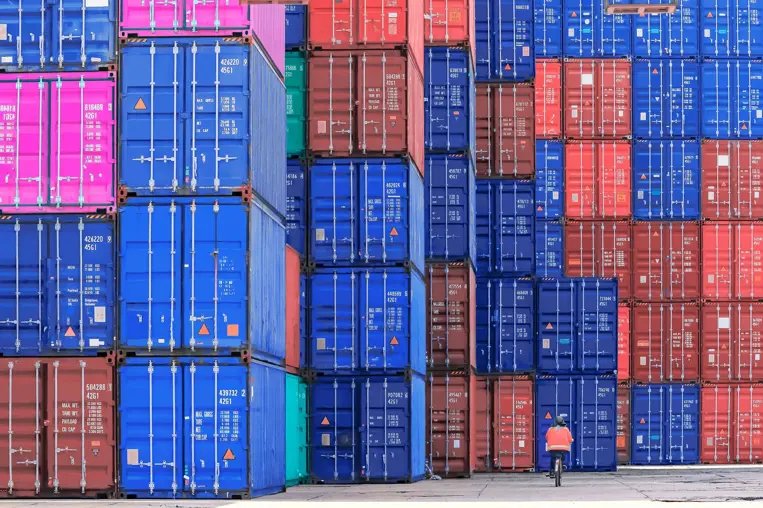In March, the UK government announced their plans to construct eight freeports across the country with the aim to “encourage free trade and reinforce [the UK’s] position as an outward-looking, trading nation, open to the world”1. Industry experts see the opportunities for freeports to become hotbeds for innovation in transport, technology and even alternative fuels2. They also serve as strategic locations to stimulate the economy, create employment for local communities and attract investment3. But what exactly do we know about the freeports and what can be said about the concerns regarding risks?
Freeports—what are they, and how do they work
Freeports are special economic zones where a country’s usual tax and tariff rules do not apply, even though they are within the boundary of a country. Globally, there are currently 3,500 freeports employing some 66 million people. However, there are currently none in the UK – since the previous freeports were discontinued in 2012. The reason why they might promote growth is because they can see an increase levels of import and export, boost business activities, and create more jobs and opportunities for neighboring areas4.
Risks
While the benefits of freeports are well recognized, there are concerns about the freeports becoming magnets for economic crime, including movements of counterfeit or illicit goods, misdeclaration of consigned goods leading to tax revenue avoidance. For instance, without the usual stringent checks, a ship’s load can be landed, and goods and associated paperwork could be tampered with. Goods can also be re-exported with minimal to no safeguards regarding the legitimacy of cargo. These zones could also become hotspots for money laundering, tax and customs duties evasion without adequate counter measures5. These risks must be evaluated, carefully examined, and proactively managed.
What can we do to secure our freeports
To reap the full benefits of freeports, we must ensure that our newly created freeports are adequately prepared with the best security features and processes. In reference to new UK, Thames Freeport, Graham Hoare, Chairman and Executive Director at Ford of Britain remarked that the freeport has provided a “testbed” for a range of customer-focused mobility technologies, highlighting the need for automation and digital technologies.
The same will apply for security. From artificial intelligence to smart algorithms and to integrated intelligent solutions, digital technologies will greatly uplift the efficiency and efficacy of security screening to detect and prevent crime.
We see technology being applied in the following ways to secure freeports:
I. Securing the flow of persons and belongings entering the Freeport site
II. Securing the vehicle, trucks and goods entering the site
III. Securing the flow of goods (in- and outbound) transiting with the vessels
For example, software functionality and AI integrated with Non-Intrusive Inspection (NII) equipment, such as Smiths Detection’s iCMORE suite of Automatic Threat Recognition (ATR) algorithms, can significantly speed up image analysis and help identify illicit items with ease. Further integrating the software platform and its dataset results through an EDI (Electronic Data Interface) into the Port Management System can also help operators seamlessly join the smartPort data stream for a bird’s eye view of goods moving through the freeport.
Ultimately, we want to pre-emptively counter potential economic crimes whilst addressing ever increasing security screening requirements through the “streams of commerce” in international trade, detecting threats from weapons to narcotics.
Conclusion: reaping benefits with digital transformation
Ultimately, the security of the inbound and outbound flow of goods is an argument in and of itself for freeports to attract more clients and more goods transiting, and, not to mention, a competitive edge. Freeports must therefore be equipped with the best technologies to combat risks so that they could remain open and connected to the world. By protecting these new areas from potential crime, we will then be able to provide the haven for investments and jobs that we hope to achieve.

